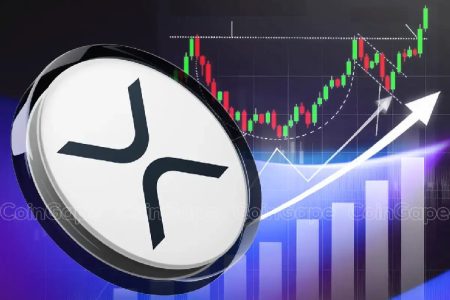Sarawak’s Vision for a Sustainable Future: The Sarawak Climate Change Center
Sarawak, a vast and resource-rich state in Malaysia, has made a bold move to establish a cutting-edge research and development center dedicated to combating climate change. The Sarawak Climate Change Center is poised to become Southeast Asia’s leading hub for climate change research, leveraging innovative technologies to tackle environmental challenges. Premier Tan Sri Abang Johari Openg unveiled this ambitious plan during a public lecture at the ISEAS-Yusof Ishak Institute, where he emphasized Sarawak’s proactive approach to sustainability. Instead of building new research institutes, Sarawak aims to integrate emerging technologies like blockchain and artificial intelligence (AI) into its climate mitigation and adaptation efforts.
Blockchain and AI: Tools for a Greener Future
The Sarawak Climate Change Center will pioneer the use of blockchain technology to develop carbon markers, enabling businesses to track and meet their sustainability goals effectively. This innovative approach will not only enhance transparency but also ensure that companies can demonstrate their commitment to reducing carbon emissions. Additionally, AI will play a crucial role in resource management and disaster prediction, helping Sarawak build resilience against the impacts of climate change. The state’s Sustainability Blueprint for 2024 highlights the importance of these technologies, alongside renewable energy and eco-tourism biotechnologies, in achieving environmental sustainability.
ESG Standards: A Framework for Responsible Business Practices
While the center is under construction, Sarawak is already rolling out a framework to help corporate bodies meet global environmental, social, and governance (ESG) standards. Premier Abang Johari Openg underscored the significance of this initiative, stating that it will boost investor confidence, promote responsible business practices, and establish Sarawak as a leader in sustainability governance. This framework aligns with the state’s vision of contributing to ASEAN’s green economy and ensuring long-term resilience in the face of climate change.
Malaysia’s Push for Innovation and Sustainability
Sarawak’s climate change initiative is part of a broader national effort in Malaysia to harness emerging technologies for innovation and problem-solving. In recent months, Malaysia has turned to AI and blockchain to address issues like fraud and corruption, with the Malaysia Anti-Corruption Commission (MACC) adopting these technologies for their efficiency and immutability. The country is also attracting foreign investments to drive the adoption of digital technologies, with global giants like Microsoft and Google vying for market share. These developments underscore Malaysia’s commitment to leveraging technology for sustainable development and economic growth.
Vietnam’s Rise as a Digital Transformation Leader
Meanwhile, in neighboring Vietnam, the United Nations has recognized the country’s strides in digital transformation. UN Secretary-General’s Envoy on Technology, Amandeep Singh Gill, praised Vietnam for its progress in AI and blockchain, noting its potential as a key player in the global push for digitalization. Vietnam’s success in these fields is evident in its high adoption rates for emerging technologies, including decentralized finance (DeFi) and Web3 innovations. The country is home to several AI firms like FPT, VinAI, and Viettel, which are making significant contributions to the region’s tech landscape. Additionally, Vietnam’s semiconductor manufacturing sector is booming, with revenues reaching all-time highs.
Building a Sustainable and Tech-Driven Future in Southeast Asia
As Sarawak and Vietnam take bold steps to integrate technology into their sustainability efforts, the region is poised to become a hub for innovation and green growth. Sarawak’s Climate Change Center and Vietnam’s digital transformation initiatives demonstrate the potential for technology to drive meaningful change in addressing climate change and fostering economic development. By fostering collaboration, investing in talent development, and embracing emerging technologies, Southeast Asian nations can pave the way for a sustainable and resilient future.















